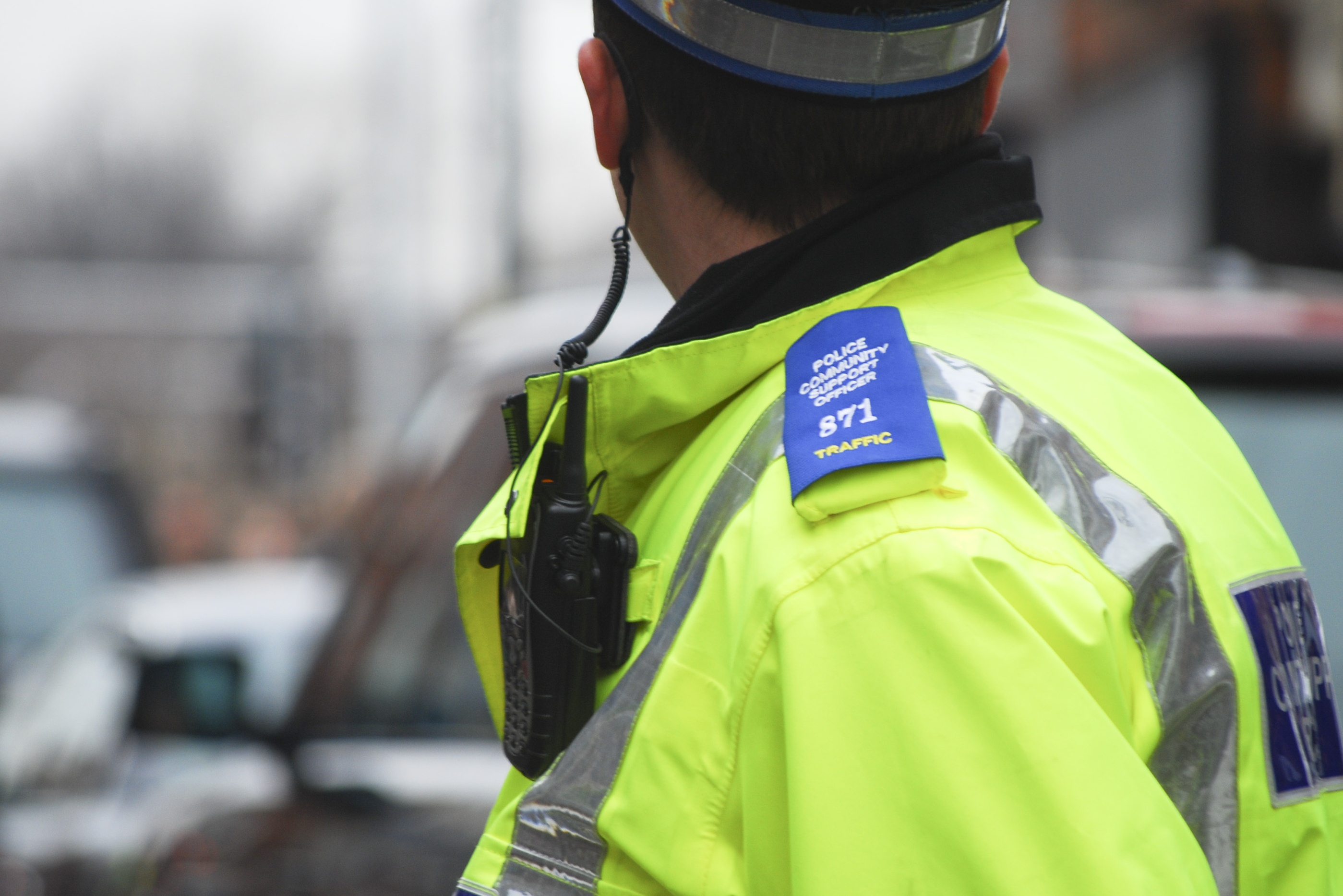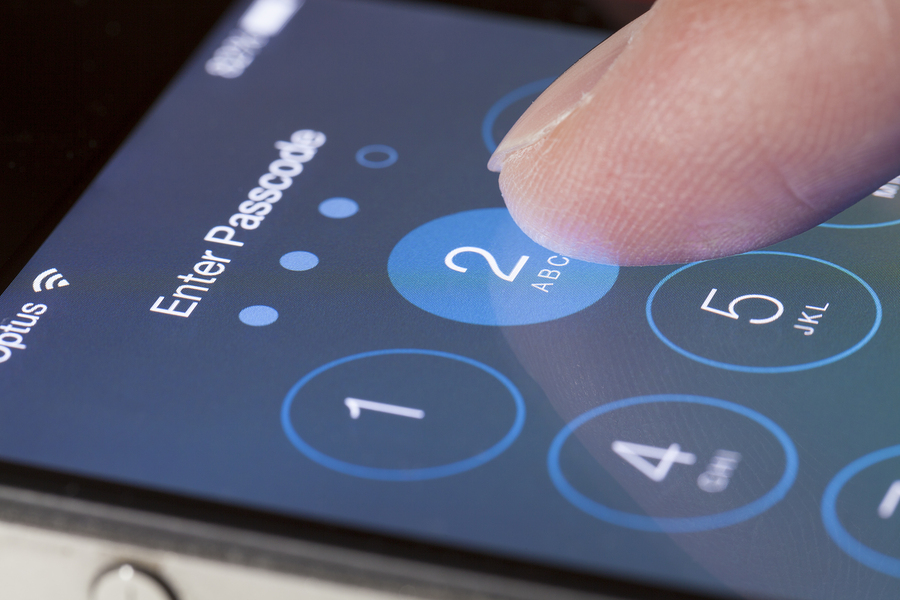Police get mobile fingerprint scanners
Agency says scheme to check identities while mobile will save police time, but civil rights groups have called for a stop to plans until legal protections are established.


The police have confirmed plans to expand trials of mobile fingerprint scanners nationwide.
The handheld biometric devices about the size of a smartphone are being rolled out to every police force in the UK under the Mobile Identification At Scene (Midas) scheme.
The system works by allowing an officer to scan a suspect's fingerprints at the roadside before comparing them to the police national biometric database, Ident1.
Peter Mandich, National Policing Improvement Agency (NPIA) spokesman, told IT PRO that 200 trial handsets in use across 20 forces had been able to return identity confirmation from a suspect's fingerprint scan in under two minutes, 87 per cent of the time, which he described as a "stunning success that would keep more officers on a community's streets more of the time".
The 40-million scheme has been designed to save officers the average 67 minutes needed to fingerprint a suspect back at a police station. And there are plans to further develop the system to transfer pictures of suspects as well, where development requirements were put out to European tender earlier this year.
But civil rights campaigners, concerned about increased powers of surveillance and random checks, called for the roll out to be halted until legal protections are put in place.
Although the NPIA confirmed mobile fingerprinting would be entirely voluntary and that no scanned fingerprints would be stored on any databases, some critics of the scheme questioned its ability to operate accurately and safely.
Get the ITPro daily newsletter
Sign up today and you will receive a free copy of our Future Focus 2025 report - the leading guidance on AI, cybersecurity and other IT challenges as per 700+ senior executives
Cross-party campaigners against the National Identity Scheme and other public initiatives they maintain will create a database state, NO2ID pointed to failure rates, as high as 1 in 5 for fingerprints, in the only medium-scale test of biometrics on the general population to date, carried out by the UK Passport Service in 2004.
Phil Booth, NO2ID's national coordinator, said: "This implies a completely new power for police to fingerprint you in the street, using an iffy technology. If refusing to cooperate can get you arrested, then you would have not just fingerprints but DNA on a criminal database for the rest of your life. That means the state can pick on anyone at any time."
A 25-year veteran enterprise technology expert, Miya Knights applies her deep understanding of technology gained through her journalism career to both her role as a consultant and as director at Retail Technology Magazine, which she helped shape over the past 17 years. Miya was educated at Oxford University, earning a master’s degree in English.
Her role as a journalist has seen her write for many of the leading technology publishers in the UK such as ITPro, TechWeekEurope, CIO UK, Computer Weekly, and also a number of national newspapers including The Times, Independent, and Financial Times.
-
 UK police fails ethical tests with "unlawful" facial recognition deployments
UK police fails ethical tests with "unlawful" facial recognition deploymentsNews A University of Cambridge team audited UK police use of the tech and found frequent ethical and legal shortcomings
By Rory Bathgate
-
Hackers love the UK, but not for the reason you think
News Ex-Met cyber specialist explains why the UK is such a popular destination for cyber criminals
By Adam Shepherd
-
 UK cops to lose access to Europol's cyber crime resources after Brexit
UK cops to lose access to Europol's cyber crime resources after BrexitNews Cyber cops will be on their own once Britain leaves the EU
By Adam Shepherd
-
 Police pursue cloud first IT strategy
Police pursue cloud first IT strategyNews The National Police Technology Council's guidelines attempt to standardise IT deployment
By Clare Hopping
-
 NGO director guilty of denying police his device passwords
NGO director guilty of denying police his device passwordsNews Muhammad Rabbani refused to divulge iPhone and MacBook passwords at Heathrow airport
By Zach Marzouk
-
 20% of Manchester police rely on Windows XP
20% of Manchester police rely on Windows XPNews London's Metropolitan Police refused to disclose any up-to-date figures
By Zach Marzouk
-
 Should police have powers to sack officers lacking IT skills?
Should police have powers to sack officers lacking IT skills?News Reform produces a 10-point plan to address policing's digital skills gap
By Clare Hopping
-
 Uber faces criminal investigation over 'Greyball' tool
Uber faces criminal investigation over 'Greyball' toolNews DoJ investigates alleged use of software to help drivers evade regulators
By Dale Walker

